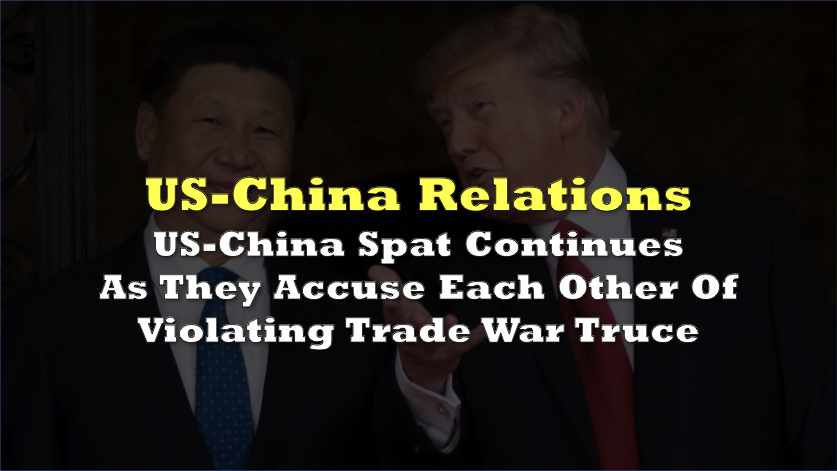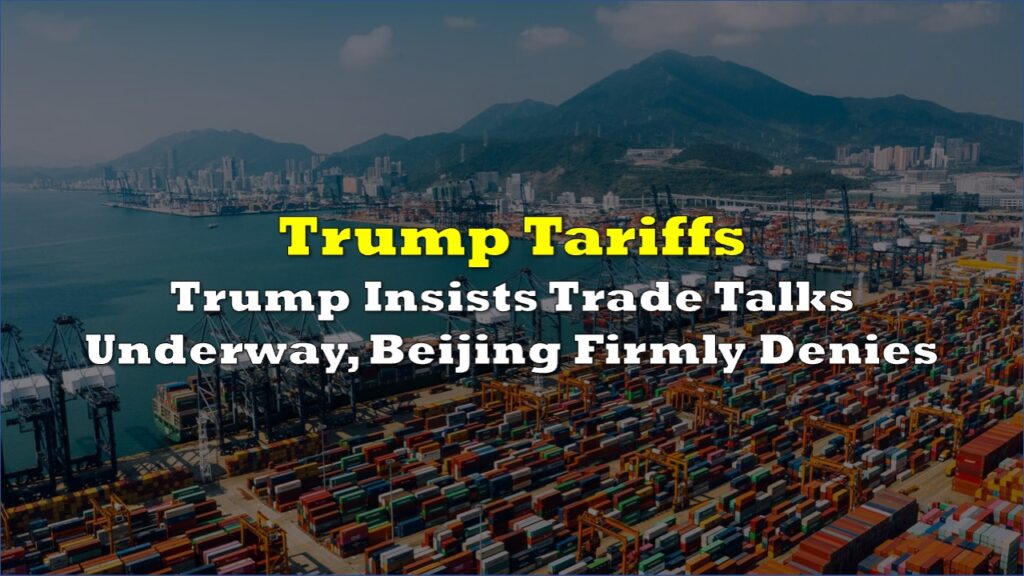The US Department of Commerce has directed Taiwan Semiconductor Manufacturing Co to stop shipping advanced semiconductor chips to Chinese customers, marking an escalation in Washington’s efforts to restrict China’s access to critical AI technology.
The order, effective Monday, specifically targets chips with 7-nanometer or more advanced designs that are commonly used in artificial intelligence accelerators and graphics processing units, according to a person familiar with the matter.
This action follows recent revelations that a TSMC-manufactured chip was discovered in a Huawei AI processor, potentially violating existing export controls. Huawei, which remains on a restricted trade list requiring suppliers to obtain special licenses, was found using the chip in its Ascend 910B, released in 2022 and considered the most advanced AI chip available from a Chinese company. Tech research firm Tech Insights identified the component during analysis.
In response to the discovery, TSMC had already suspended shipments to Chinese chip designer Sophgo after finding similarities between their chip and the one in Huawei’s processor. The latest restrictions will allow the US to assess whether other companies are diverting chips to Huawei for its AI processor.
The Commerce Department employed an “is informed” letter, a mechanism allowing rapid implementation of new licensing requirements without lengthy rulemaking processes. This approach mirrors previous restrictions imposed on Nvidia (Nasdaq: NVDA), AMD (Nasdaq: AMD), and semiconductor equipment manufacturers in 2022.
Chinese media site Ijiwei reported that TSMC notified Chinese chip design companies about suspending 7 nanometer or below chips for AI and GPU customers from November 11. A TSMC spokesperson described the company as “law-abiding” and “committed to complying with all applicable rules and regulations, including applicable export controls.”
Taiwan’s economy ministry said that TSMC “has had regular discussions with the government on export control issues and has made it clear that it will comply with domestic and international regulations,” directing specific questions to TSMC.
There have been growing bipartisan concerns in Congress about the effectiveness of export controls on China. The Biden administration has faced delays in updating comprehensive tech export rules, including planned restrictions on chipmaking equipment and the addition of approximately 120 Chinese companies to the Commerce Department’s restricted entity list.
Information for this story was found via Reuters, and the sources and companies mentioned. The author has no securities or affiliations related to the organizations discussed. Not a recommendation to buy or sell. Always do additional research and consult a professional before purchasing a security. The author holds no licenses.









